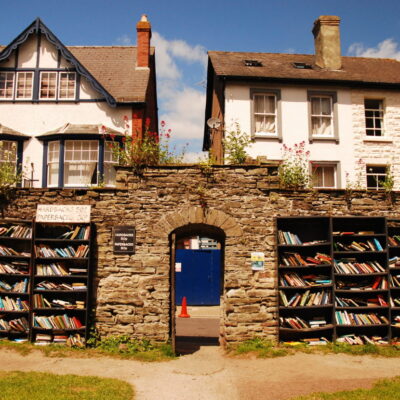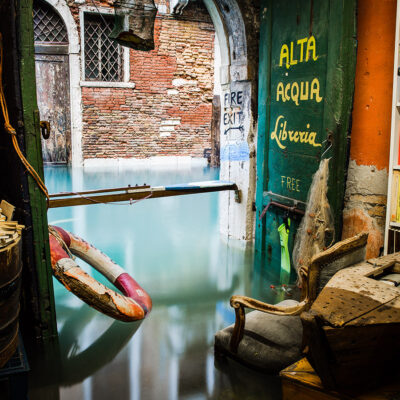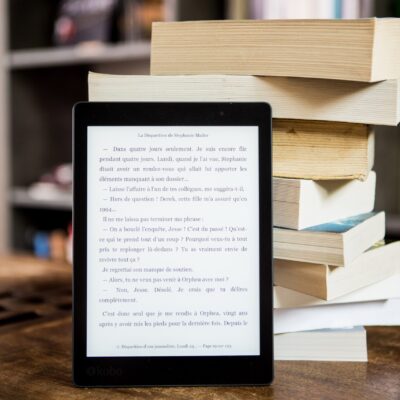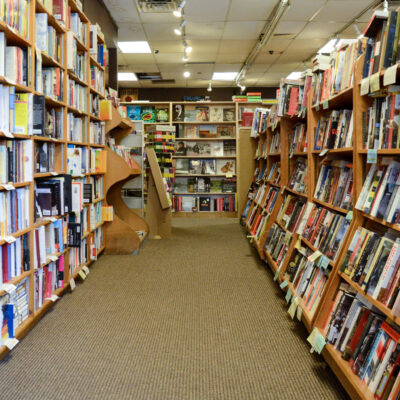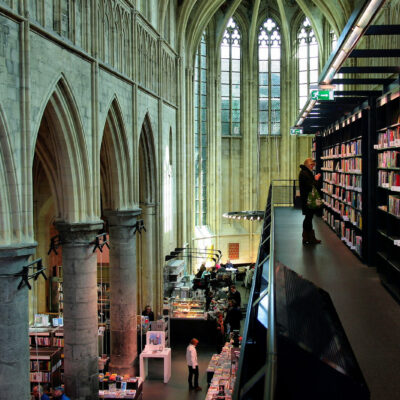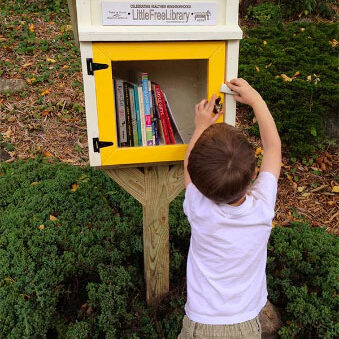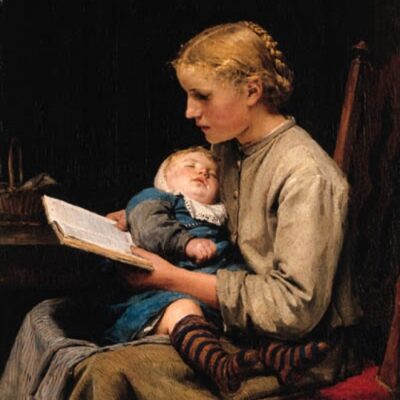We Loved It All: A Memory of Life by Lydia Millet
“In the beginning,” Lydia Millet writes in We Loved It All: A Memory of Life, “we gave names to every creature that we found … home was a garden, then—a garden in the wild.” This opening casts a moving spell that remains with the reader through three sections of potent vignettes that blend personal stories, ecology and history. [How to Grieve Our Changing Planet]
Millet states that she envisioned We Loved It All as an encyclopedia focused on animals. But she later changed her mind and, as she wrote, shifted to capturing moments of understanding, exploring our connection to the natural world, presenting reflections on animals and plants facing extinction and contemplations on how to raise children and be a genuinely good citizen. [Pulitzer prize finalist Lydia Millet publishes her first nonfiction book]
Millet shares observations of our thoughtless treatment of living things and warns us that our behavior has accelerated natural extinction rates. Destruction of habitat, warming of the planet, introduction of exotic species, and overexploitation of natural resources continue to take their toll. [What Causes the Extinction of Plants & Animals?] As an example, Millet describes the demise of Florida’s dusky seaside sparrows, officially declared extinct in December 1990.
They were small, ground-feeding wetland birds whose serious decline began with the spraying of DDT on their marshes in the 1940s. Roads were built, along with dikes to impound water, and the “duskies” had trouble feeding.
Then NASA flooded their habitat to reduce mosquitoes around the nearby Kennedy Space Center. In 1983 the four last pure dusky sparrows were taken to Disney World. They were all males, so crossbreeding efforts began.
But the birds were old and the few hybrid chicks that hatched ended up dying not long after the breeding program shut down.
The final dusky, Orange Band, blind in one eye from an infection, infertile, extremely aged, and possibly suffering from gout, was found dead in his food bowl in the summer of 1987. [pp. 17-18]
Millet makes a passionate case that humans must own up to their responsibilities to each other and the natural world.
To me it doesn’t seem like such a stretch for us to see our parenthood—that sheltering, that deep, abiding love we know to be our legacy and honor—as a duty of care that reaches beyond the present well-being of our children into their far prospects. Beyond the horizon of the narrow and personal into the land beyond. [p. 246]
“In an era of literature where it has become fashionable to make climate change a plot point, it is refreshing to read a book that is both emphatically beautiful at the line level and deeply insightful at an ecological level.” [How to Grieve for Our Changing Planet]
I urge you to read this transformative anti-memoir. There is not a single page where you won’t learn something new.
Check Amazon for more on this book I love.

